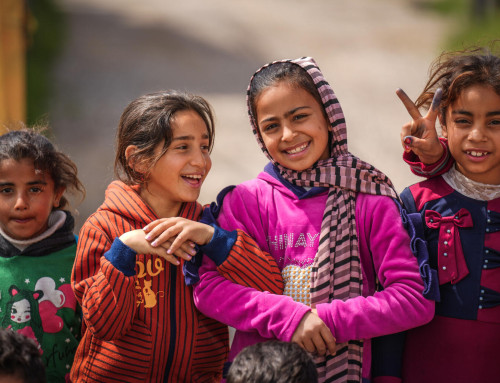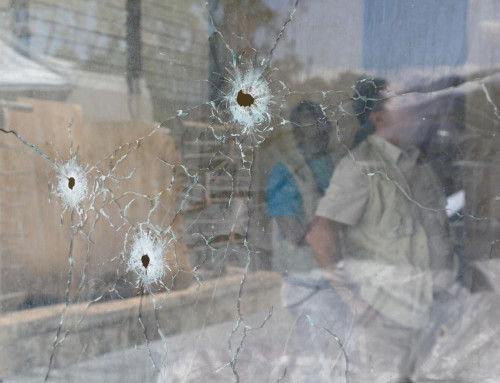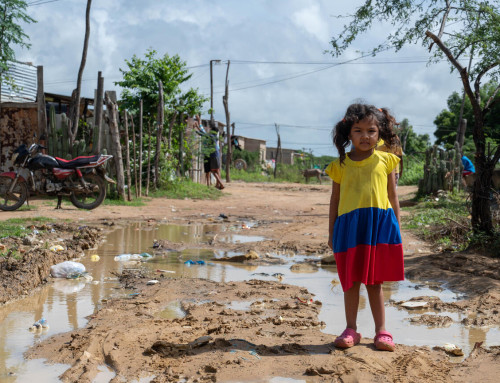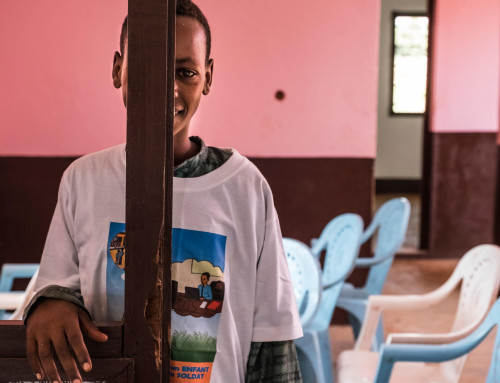17-Jun-98
AFR/75
L/2880
GENEVA, 17 June (UN Information Service) — The following statement was issued jointly by Carol Bellamy, Executive Director of the United Nations Children’s Fund (UNICEF); Sadako Ogata, United Nations High Commissioner for Refugees; Olara Otunnu, Special Representative of the Secretary-General for Children in Armed Conflict; Mary Robinson, United Nations High Commissioner for Human Rights; and Sergio Vieira de Mello, United Nations Emergency Relief Coordinator:
The current crisis in Sierra Leone is a brutal reminder to the delegations now meeting in Rome of the urgent need for an effective international criminal court to provide justice for the appalling violations of human rights in that country and elsewhere.
Since April this year, rebel forces in the east, north and, more recently, the west of Sierra Leone have engaged in a terror campaign involving the systematic laceration, mutilation or severing of limbs of non-combatants, including children and the elderly.
The perpetrators of these atrocities are deaf to appeals from the international community. Despite the willingness of the Government, there is little likelihood of the judicial system in the war-shattered country being able to bring these criminals to justice. This raises the prospect of yet another round of mindless violence going unpunished.
A standing international criminal court empowered and resourced to take action when national systems are either unable or unwilling would provide a credible deterrent. We believe that much of the criminal violence in armed conflicts and rebellions is the result of impunity.
It is no longer sufficient for humanitarian and human rights officials to denounce atrocities while unable to prevent their recurrence. The international criminal court is intended to be the first effective weapon against the culture of impunity which has fuelled cycles of violence in every part of the world over the past decades. The brutality in Sierra Leone is a harsh reminder that the diplomatic exchanges in Rome have flesh and blood, life and death consequences for people living in fear in many parts of the world.
United Nations officials in Sierra Leone report that, since April, 500 people have been admitted to hospitals after brutal rebel attacks. These people say that for every person hospitalized there are another five either dead or incapable of reaching help.
Most victims receiving treatment are men, aged from eight to 60 years, but there are also female victims. The youngest amputee is a six-year old girl whose arm was severed. Other victims report babies being taken from their mother’s arms, doused with petrol and set on fire. There are numerous reports of rape, including one of the multiple rape of a 12-year old girl. Doctors at one hospital say the lacerations on the head of a 60-year old woman are the result of a failed attempt to behead her.
The actions of the rebel forces constitute outrageous violations of the human rights of the victims and their families. They are also grave breaches of international humanitarian law. They can achieve nothing good and serve only to inflict further terror and pain on people who have suffered too much already. These acts, creating a climate of violence and fear, have forced hundreds of thousands of Sierra Leoneans to seek refuge in neighbouring Liberia and Guinea.
We urge the delegations now meeting in Rome to study carefully the situation in Sierra Leone and to ensure that the statute they adopt will result in a court able to combat impunity, bring justice and contribute to a lasting peace in this country.





